Kale is an easy-to-grow, green leafy vegetable that can thrive even during the cold winter. There are a variety of ways that you can include kale in your favorite dishes; For instance, salads can be more delicious if you add small kale leaves, and larger kale varieties are good when they’re steamed, sautéed or stir-fried.
One of the most well-known varieties is dinosaur kale, also called Tuscan kale or Lacinato kale. It has long, crinkly and dark blue- or black-green leaves, and is a good way to take your soups, pasta dishes and salads up a notch.
According to The Spruce, kale plants can be harvested while they’re young, so you can enjoy them right away, or they can be allowed to mature. After harvesting, they can last in your refrigerator for up to a week. If you don’t have enough resources to grow your own kale, you can buy it at your local farmers market, provided that it’s organically grown and GMO-free.
Health Benefits of Kale
The vitamins offered by just 100 grams of this vegetable are quite impressive: 389.6 micrograms of vitamin K, 241 micrograms of vitamin A and 93.4 milligrams of vitamin C. In fact, kale is called a superfood, thanks to its numerous beneficial compounds.
A 2012 study reported that a kale variety possessed high amounts of beta-carotene and vitamin C. This green vegetable is also a good source of the phytonutrient indole-3-carbinol, which may help promote in DNA cell repair, stimulate apoptosis or cell death and inhibit cancer development.
Sulforaphane, another compound found in kale, was proven by studies to deliver a protective effect against certain cancers, and may help enhance the health of your liver and gastrointestinal tract. Lastly, kale contains lutein and zeaxanthin, both of which may help protect your eyes from macular degeneration. Kale has even been compared to beef, as both foods contain some quantities of nutrients like iron, protein and calcium.
According to a 2018 study, kale is a good source of omega-3 fatty acids, which may help fight inflammation, build cell membranes and reduce your risk of heart disease, stroke or cardiac arrest. These fats have also been noted for their ability to alleviate symptoms of rheumatoid arthritis and lower your risk for lupus.
If you want to learn more about the different vitamins and nutrients you can get from kale, check out the table below:
| Kale Nutrition Facts
Serving Size: 3.5 ounces (100 grams), raw |
||
| Amt. Per Serving |
% Daily Value* |
|
| Calories | 35 kcal | |
| Calories from Fat | ||
| Total Fat | 1.49 g | |
| Saturated Fat | 0.178 g | |
| Trans Fat | 0 g | |
| Cholesterol | 0 mg | |
| Sodium | 53 mg | |
| Total Carbohydrates | 4.42 g | |
| Dietary Fiber | 4.1 g | |
| Sugar | 0.99 g | |
| Protein | 2.92 g | |
| Vitamin A241 µg | Vitamin C | 93.4 mg |
| Calcium254 mg | Iron | 1.60 mg |
Studies Done on Kale
Authors of a study published in International Urology and Nephrology discovered that out of all the foods involved in their research, kale had the highest protective effect against bladder cancer, considered the sixth most commonly diagnosed cancer in the U.S.
Another study highlighted the impressive number of flavonoids found in kale. Overall, there were 32 phenolic compounds found in the vegetable, including kaempferol and quercetin, as well as three hydroxycinnamic acids. These acids are known to help scavenge harmful free radicals in your body and deliver anti-inflammatory and antimicrobial capabilities.
However, note that the effectiveness of several antioxidants and vitamins in kale can be lessened when the vegetable is cooked. As such, you may want to consider consuming kale raw or cooking it minimally.
Kale Fun Facts
Kale was first cultivated from wild varieties by the Greeks and Romans and later spread throughout Europe. From there, this vegetable reached the Americas in the 1600s.
Summary
Kale is a Brassica vegetable that’s made a name for itself as one of the healthiest foods you can grow in your garden or purchased from your local farmers market. It’s becoming better known in the U.S., not just for the flavor it brings to soups, salads and other dishes, but because of the many health benefits it provides.
Because kale is loaded with vitamins and nutrients, it may aid in reducing your risk for several cancers, heart disease, autoimmune diseases and even macular degeneration. With all these benefits, you may want to add more of it to your breakfast, lunch or dinner.


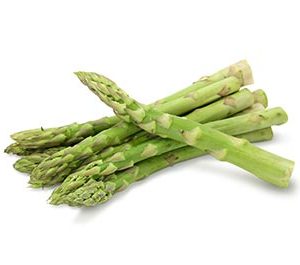
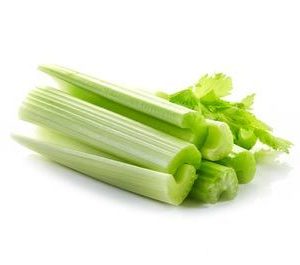
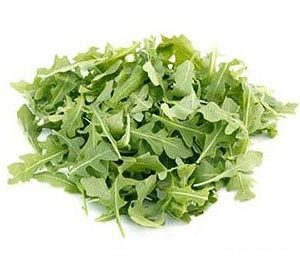
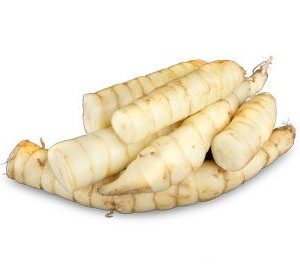
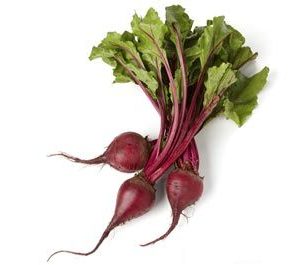
Reviews
There are no reviews yet.